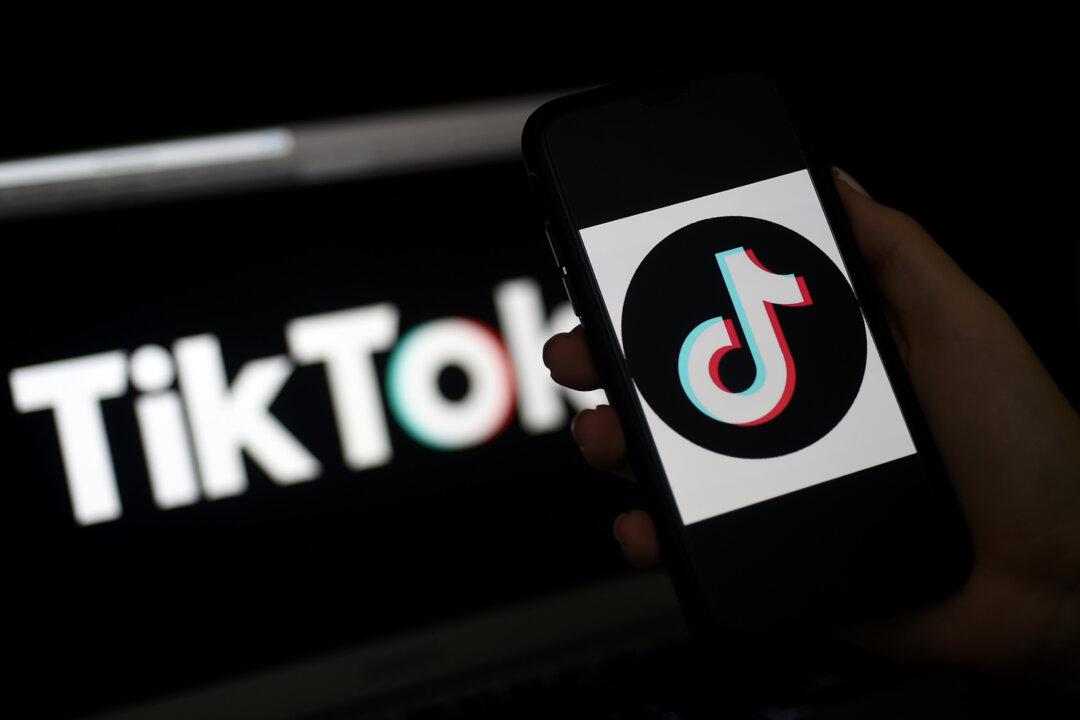Nebraska Gov. Pete Ricketts (R) on Aug. 12 announced that the TikTok app will be blocked on all state government devices due to security concerns.
“The Chinese government has long engaged in systematic, covert efforts to access sensitive data from U.S. governments, companies, and individuals,” Ricketts said in a statement.





